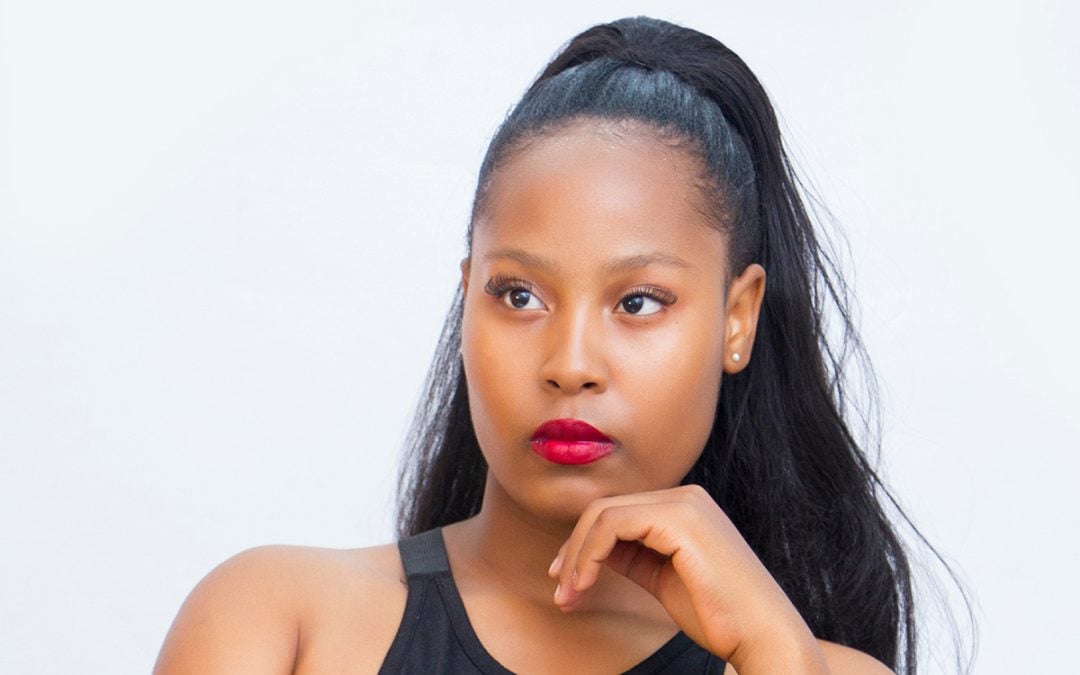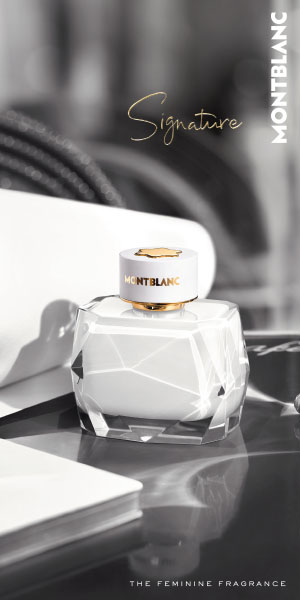Accompanying her title of advocate at Thulamela Chambers, Hephzibah Rajah also holds the designations entrepreneur, public speaker, pastor, wellness coach, author and mother.
Rajah, who received her bachelor of laws (LLB) degree from the National University of Lesotho and was admitted to the Johannesburg Society of Advocates in 2010, practices administrative and constitutional, corporate and commercial, labour, competition and tax law. She has appeared in high courts, the Supreme Court of Appeal, the Land Claims Court, the Labour Court and the Competition Tribunal.
In this predominantly male-dominated industry, Rajah has carved out her career path as an advocate with great integrity and resilience. She explains that the stereotypes of the legal profession being better suited to men are created and upheld by attorneys, clients and advocates alike, and that she has lost work at times for simply finding her voice and standing her ground.
Despite the continual challenges that women face in her position, Rajah advises that it is important to find allies in both men and women who will respect and support you.
“Work hard,” she says, “and your product will speak for you. They may deny your gender or race, but they cannot deny your product.”
Advocacy has also given Rajah a voice to speak out about other passions without any restrictions. She advocates her religious beliefs as a pastor, and serves as a wellness and success coach for women through both verbal formats and the books she has written.
Rajah has had the opportunity to speak when invited to women’s conferences, as well as at her own conferences and coaching platforms.
In October, she will be hosting her annual women’s conference and launching her book Visionary Woman, with the theme #SeeHerBeHer. She will also be offering a Vision Billboard Experience, where she will coach women to create or reignite their visions through creating vision boards.
Rajah’s role as a mother has forced her to grow up quickly and given her a unique sense of purpose, knowing that so many lives are hers to shape in a positive or negative way.
“I am determined to grow future leaders in our society who believe in themselves and the power of both men and women working in harmony and synergy,” she says. “Most women in the profession do not have children or only join the bar when their children are older because of the gender bias and stereotypes connected to women who have children early in this profession.”
When asked what she’d like to achieve in South Africa if she could, Rajah responds: “I want to help women overcome adversity and to see themselves as overcomers rather than as victims.”
She goes on to say: “My advice is ‘clearly much has changed and much has not’, don’t give anyone an excuse to treat you differently. Work hard, perfect your craft, form beneficial networks, don’t have a victim mentality, be willing to be bold enough to speak and wise enough to know when to keep quiet.
“Time and experience are great teachers. No matter how tough it gets, you are a tough cookie and you can make it.”



























